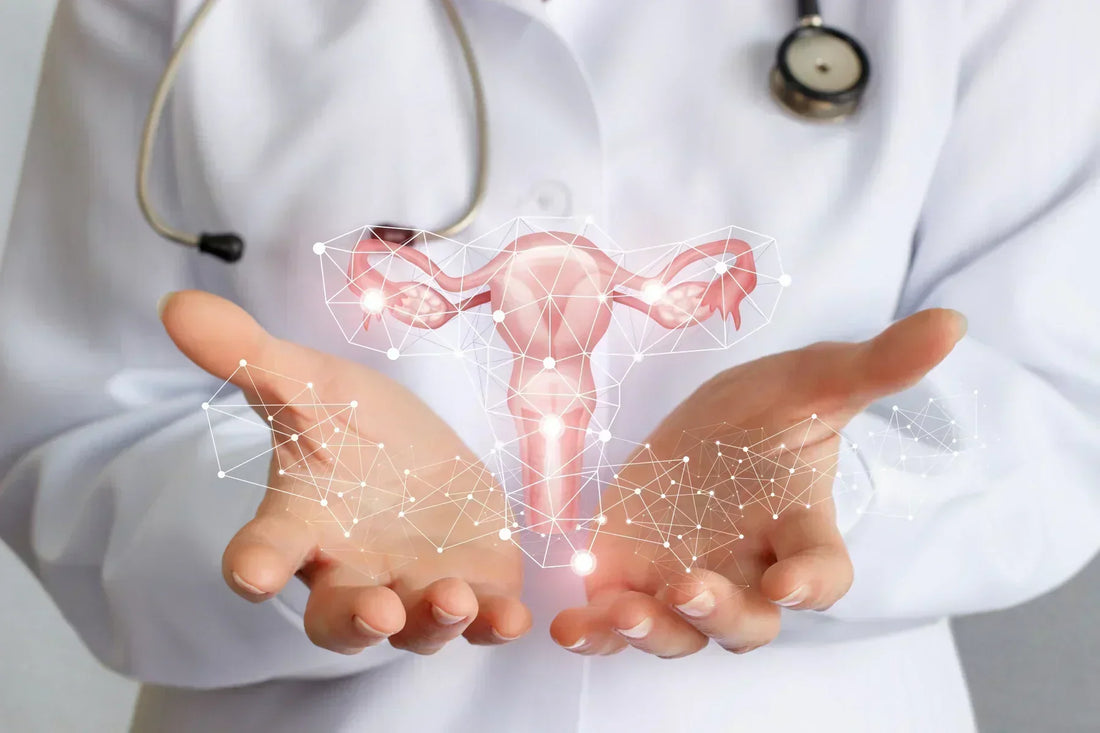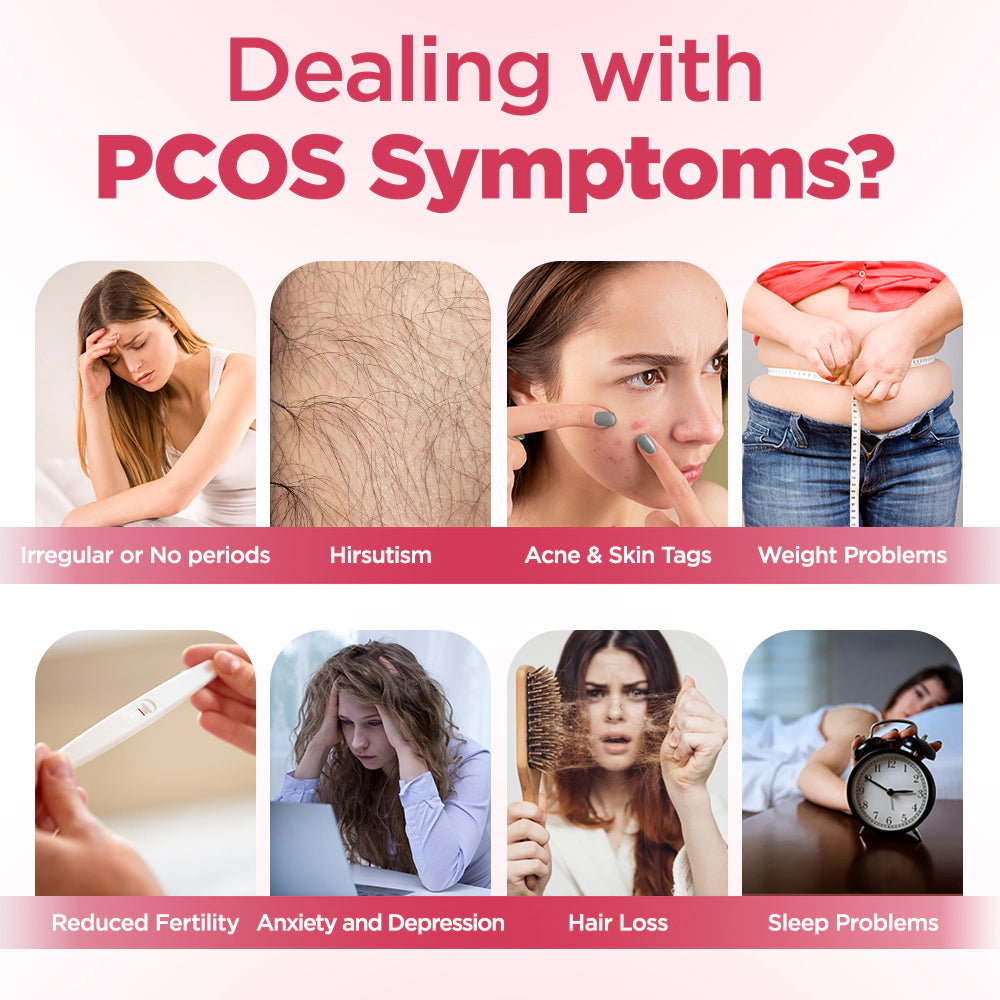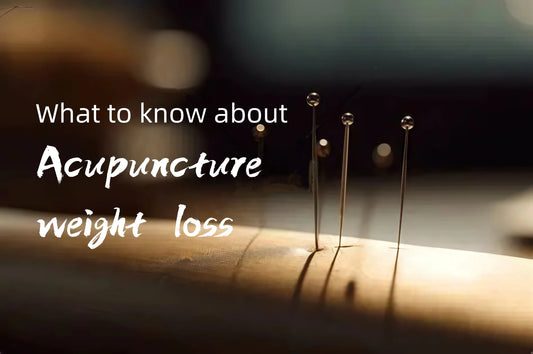Does Pcos Cause Insulin Resistance: The Rationale for Insulin Causing Pcos Explained
HiherbsOfficial
Share
This article is excerpted from the American author Benjamin Bikman's book “why we get sick”, if there is any infringement of copyright, please contact the webmaster to delete
Polycystic Ovary Syndrome (PCOS) is the most common cause of infertility in women, affecting approximately 10 million women worldwide. As the name suggests, patients with PCOS have cysts on their ovaries, which cause severe pain and make the ovaries enlarge several times their normal size. Ultimately, PCOS is caused by an excess of insulin secretion, and there is a close and inseparable causal relationship between the two.
A woman’s fertility is like a "symphony" made up of hormones. In the first phase of the menstrual cycle, a woman’s estrogen levels are low. The hypothalamus, a small but important part of the brain, sends signals to the pituitary gland, which is also located in the brain, to release follicle-stimulating hormone (FSH). FSH stimulates multiple follicles in the ovaries to develop into mature eggs, and then one egg gains dominance. As the follicles mature, the ovaries secrete large amounts of estrogen. At this point, both the hypothalamus and pituitary gland receive signals that “an egg is ready to be ovulated.” Then, the pituitary releases luteinizing hormone (LH), which surges and triggers the dominant mature egg to break through the ovarian membrane and enter the pelvic cavity. The fimbriae of the fallopian tube catch it and guide it toward the uterus—this is ovulation. As ovulation occurs, the remaining developing eggs receive hormonal signals, causing them to degrade and disappear from the ovaries.
As mentioned earlier, ovulation is a highly complex process (I hope you can follow so far!). The key point is that the process of one egg gaining dominance and eventually being ovulated is controlled by specific hormones. If the release of these hormones is disrupted, problems will follow.
So, how does insulin participate in this process? Like other tissues, the ovaries also respond to insulin. One of the responses is quite unexpected: insulin inhibits the production of estrogen. All estrogen is converted from androgens. In the process of estrogen production, aromatase converts androgens, including testosterone, into estrogen. (By the way, this process occurs in both men and women.) But excess insulin inhibits aromatase. When aromatase is suppressed, the amount of androgen converted to estrogen is reduced, leading to lower estrogen levels and higher androgen levels.
Estrogen can have a wide range of effects on the body, one of which occurs during the menstrual cycle. As mentioned earlier, estrogen levels rise sharply during the middle of the menstrual cycle. The surge in estrogen sends a signal to the brain to increase the secretion of LH, inducing ovulation in the ovaries and ultimately causing the remaining developing eggs to degrade. If a woman with insulin resistance is unable to secrete large amounts of estrogen during the middle of the menstrual cycle, ovulation will not occur, and those eggs will remain trapped in the ovaries.
In addition to affecting the secretion of estrogen, insulin may also directly act on the brain, hindering the normal secretion of LH. LH is typically secreted in pulses. Insulin seems to alter this secretion pattern, thus harming a woman's fertility.
The impact of insulin on sex hormones doesn’t only cause fertility issues. Since fewer androgens are converted into estrogen, women with PCOS have higher levels of androgens. This elevated androgen level leads to increased and coarser facial and body hair, as well as androgenic hair loss. Even without considering its effects on sex hormones, high levels of insulin itself can lead to a skin issue called "Acanthosis Nigricans," which is one of the common symptoms in women with PCOS.











1 comment
Goods